Boise State College of Education celebrates and thanks all Idaho teachers for this year’s Teacher Appreciation Week, May 2-8. The College of Education is committed to supporting Idaho’s teachers through preparation, research, professional development and advanced career opportunities.
Here are just five examples of Boise State College of Education researchers supporting Idaho’s teachers, schools and students.
5. EdTech research grant provides after school programs for computational thinking
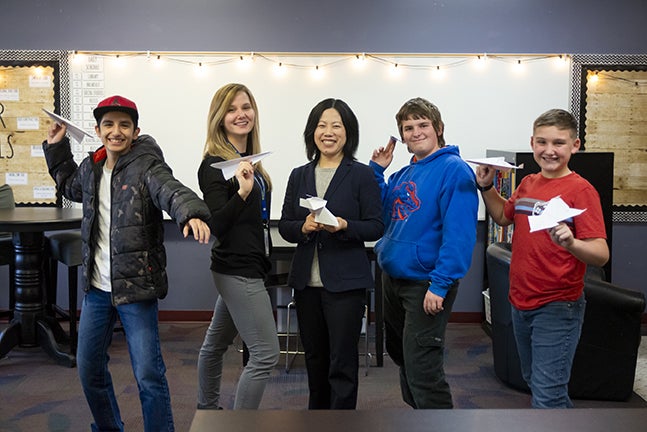
For Dazhi Yang, associate professor in Educational Technology, studying computational thinking isn’t just about research, it’s about community engagement and serving the youngest learners, teaching kids problem solving skills they can use for life.
After securing over $1 million in funding from the National Science Foundation in 2016, Yang and a multidisciplinary team from Boise State including Bhaskar Chittoori, Department of Civil Engineering; Sasha Wang, Department of Mathematics; Steve Swanson, Distinguished Educator in Residence; Dazhi Yang, Yu-hui Ching and Youngkyun Baek, Department of Educational Technology, set about designing a curriculum featuring projects for elementary aged children focused on solving specific challenges using computational thinking strategies. For example, kids are tasked with building a robot to find water in a hypothetical mission to Mars, or to design and build a mock earthquake-resistant bridge to cross the Boise river.
Click here to learn more about the program.
4. Literacy faculty engages in transdisciplinary work to create virtual lesson plans
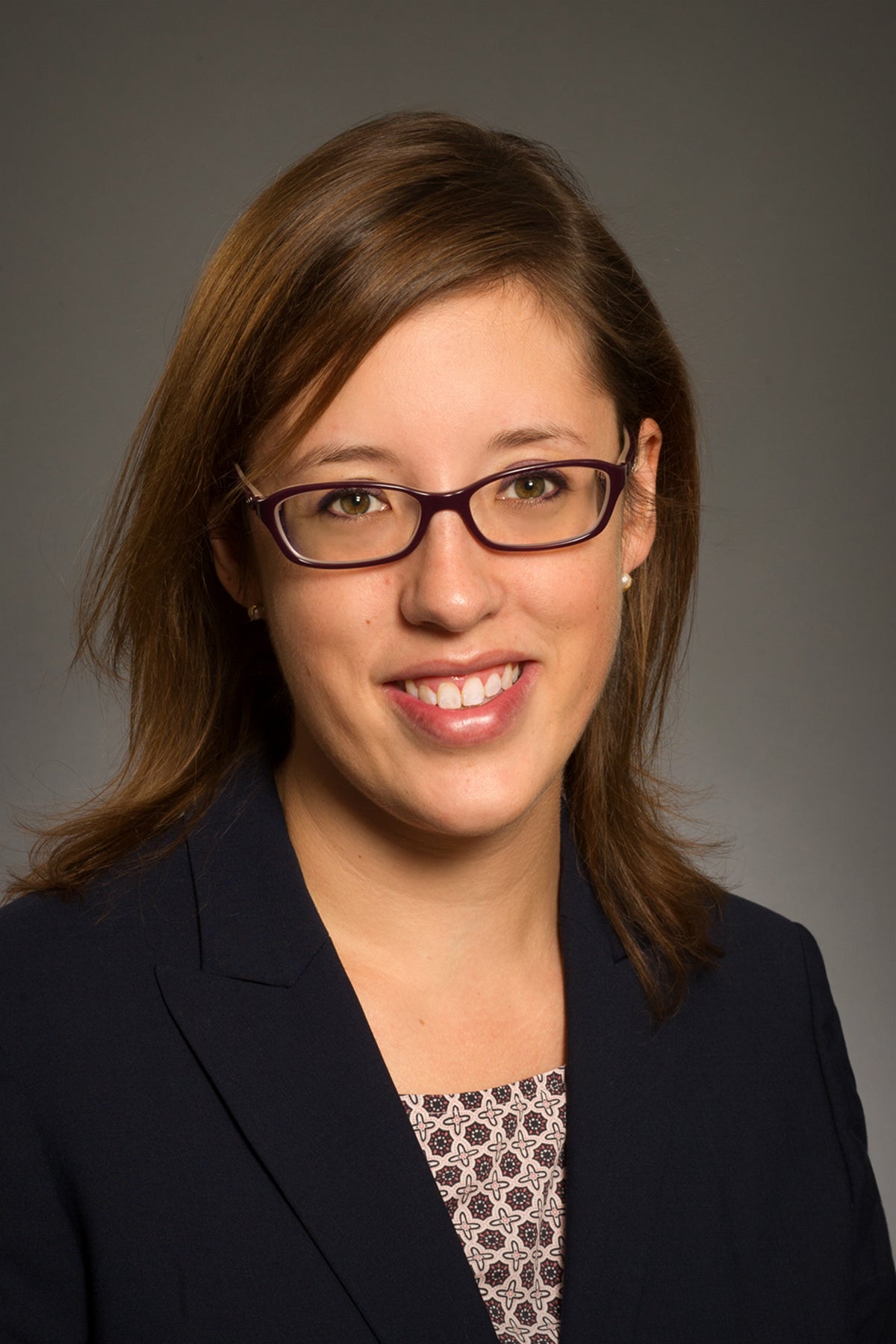
As classrooms around the country transitioned to remote learning in March, ideas for how to support teachers and students began brewing among Boise State faculty and students across campus. “The teachers I was speaking with at the time were just barely surviving and they did not have the cognitive energy to be innovative,” said Katherine Wright, an assistant professor in the Department of Literacy, Language and Culture.
Wright reached out to faculty and students in the Department of Computer Science, and a common goal was formed: provide children with a resource that better enables them to search and locate information online. Using the Child Adaptive Search Tool (CAST) – a search interface developed by Wright and other Boise State researchers through a National Science Foundation grant in 2018 – the team embarked on designing virtual lesson plans for elementary students that require little to no training or support from a parent or teacher. The interface was developed prior to the pandemic to meet the needs and skills of children 6 to 11 years old – just in time for this year’s disruption in the traditional education environment.
Click here to read more about the virtual lesson plans.
3. Counselor education faculty creates trademarked bullying intervention program
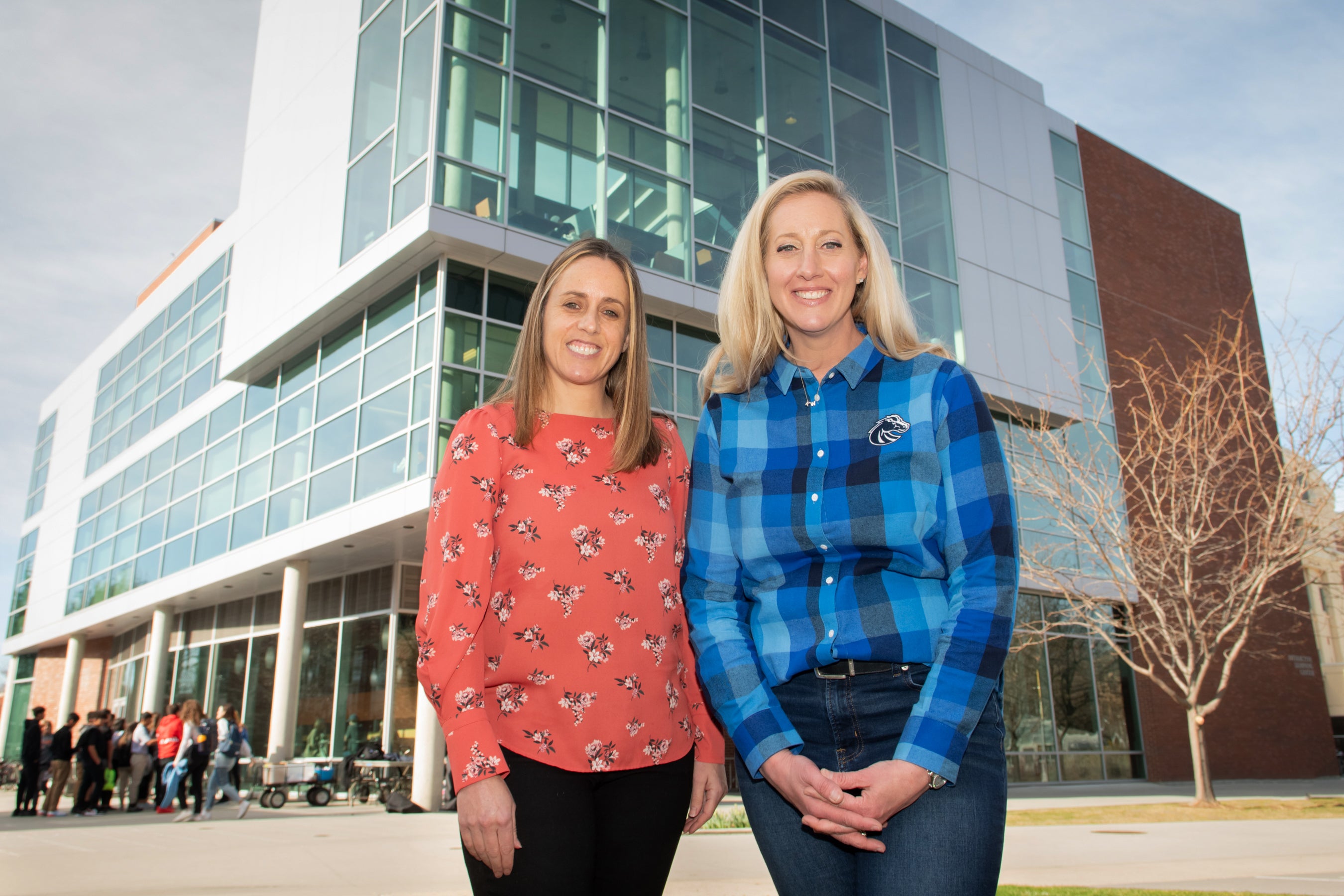
Despite the overwhelming statistics that underline the threat bullying poses, many schools simply lack the resources to be able to implement successful bullying intervention programs.
That’s why Aida Midgett, a Boise State professor and chair of the Department of Counselor Education, has developed a newly trademarked program that is low-cost and requires much less time away from the classroom. Most importantly, the program puts the power to stop bullying directly into the hands of students.
Click here to read more about the intervention program.
2. Early and Special Education faculty to lead Idaho’s efforts in improving the quality of special education
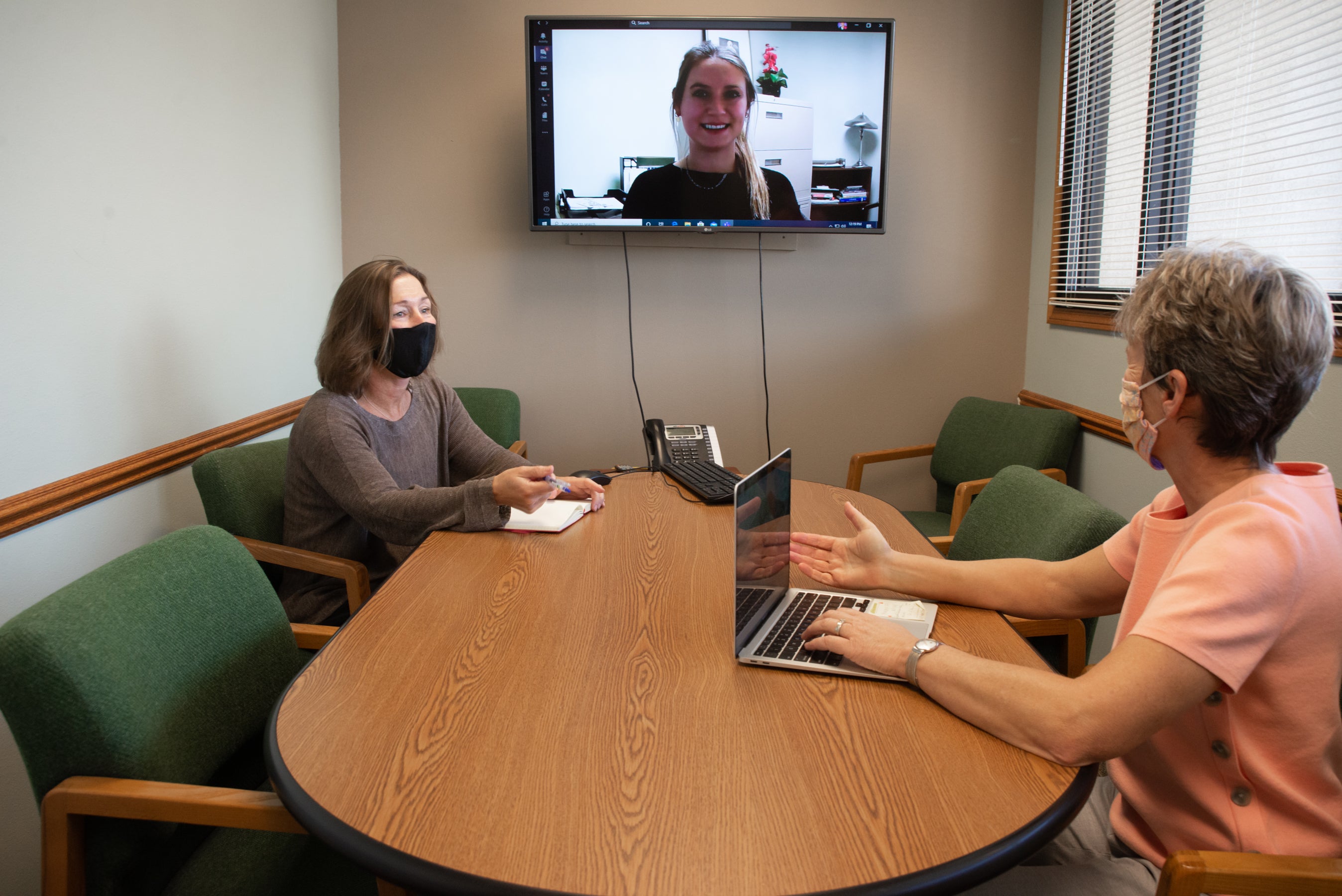
Teaching students with disabilities requires specialized experience, training and support, as well as training programs that are tailored for students’ needs. But without funding for these crucial programs, retaining effective special education teachers can be challenging. To meet this need locally, the State of Idaho selected Evelyn Johnson, a professor in the Department of Early and Special Education, to serve as the lead higher education partner for the State Personnel Development Grants (SPDG) program through the U.S. Department of Education. The grant provides $4 million over five years for special education departments in the state to provide professional development for special education teachers, specialized teacher observation and will address the state of Idaho’s goal to improve reading achievement outcomes for students with disabilities.
Click here to read more about the program.
1. College of Education researchers increase teacher retention rates in Idaho
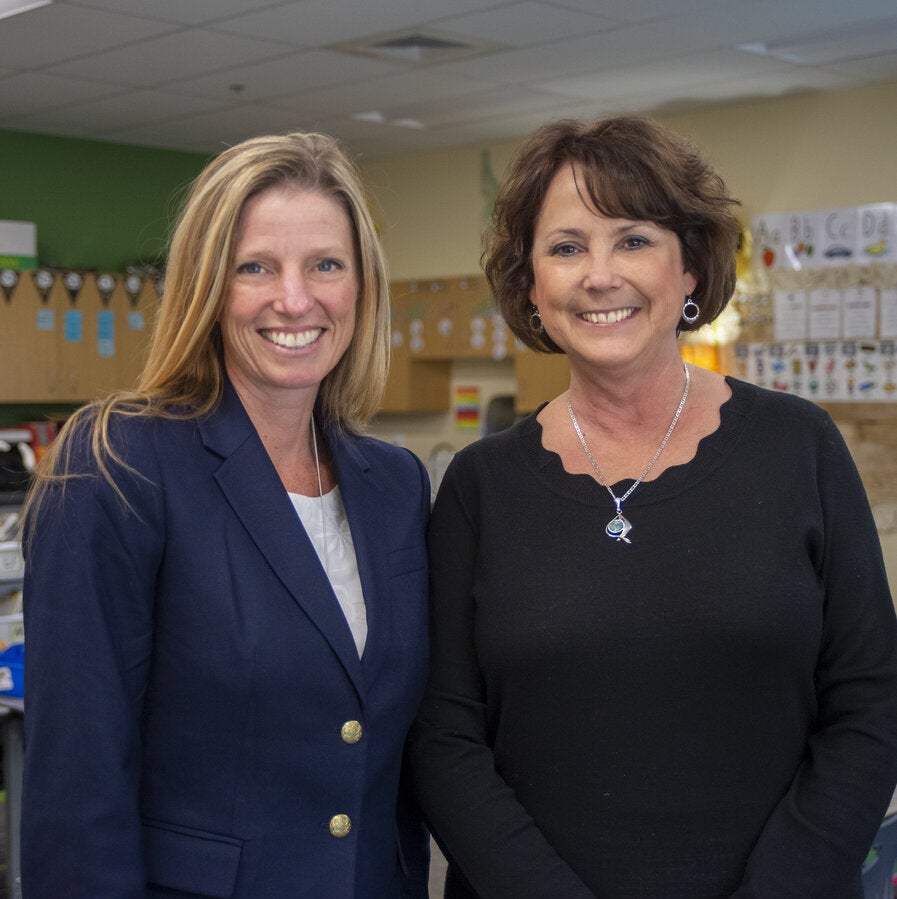
In 2014, Boise State’s College of Education began focusing efforts on supporting retention programs in the early years of teaching for its graduates. Jennifer Snow, interim dean, and Sherry Dismuke, coordinator of clinical practice and partnerships, started looking at ways to study the effectiveness of teacher education programs and their graduates’ impact on pre-kindergarten through grade 12 student learning.
They found that in addition to universities graduating well-started teachers from their programs, continued support from university faculty could bolster new teachers’ effectiveness in the classroom and help them stay. The study provides an effective support system for new teachers in the classroom as well as contributing to a higher teacher retention rate than the state average. Additionally, because one in five Idaho teachers will leave the profession after their first year without the right support, the efficacy of this study provides a real solution for keeping new teachers in classrooms.